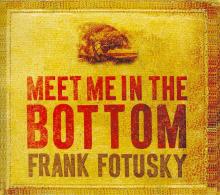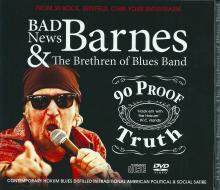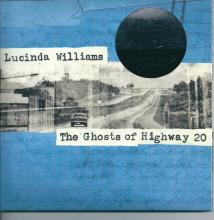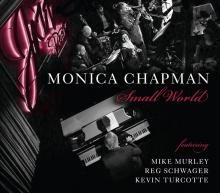There’s nothing all that bluesy or melancholy about “Kingsburg Blues,” the new single by 2024 ECMA Fusion Recording Of The Year for Anuri, Mi’kma’ki (Nova Scotia)-based Gina Burgess, although it is indeed haunting. Instead, the song, which blends psychedelic elements with Celtic and Inuit roots, takes us into a magical and mischievous fairy world shimmering with fireflies and secrets. Check it out on YouTube here:
There’s only one lyric to the song: “And how long does it take for a rose to bloom and die?” But that lyric allows an entry point into that November day in Nova Scotia when Burgess was first inspired to write “Kingsburg Blues.”
“I was walking along the ocean coast in the village of Kingsburg, on the south shore of Nova Scotia,” Burgess recalls. “The path I walked was lined with rose bushes entering their hibernation state for the winter. The wind picked up and I heard this majikal music. It felt as though the rose hip spirits were singing this melody to me.”
In fact, it was more as though Burgess was being led into the song rather than fully forming it herself. “Quieting my mind, I could hear the whispers of the fae folk as they taught me this song,” she says. “I immediately went and got my violin and played the notes I had heard.”
The trance-y, hypnotizing composition features Burgess’s violin accompanied by Cynthia Pitsulak’s contemporary Inuit throat singing. Also featured is the Angolan instrument, the berimbau, played by Ross Burns. Double bass is played by Jordan Stephens, along with Matthew Gallant on the drum kit.
Listen on Spotify here: hopen.spotify.com/track/1nyw6ez47934jB1ipsuBxv
“I met Cynthia Pitsiulak in Ottawa at a Silla and Rise (her band at that time) performance. I knew immediately that I wanted Cynthia to record the contemporary Inuit throat parts,” Burgess recalls. “We have since then created a wonderful friendship and collaborative spirit together.” Burgess’ collaborations with Jordan Stephens and Matt Gallant go back even further. “I have played with Jordan and Matt in many capacities over the last two decades,” she says. “They are both incredible musicians in their own right and I knew I wanted to work with them for my solo project.”
The Brazilian percussion is played by Ross Burns, a capoeira practitioner and teacher. “Ross and I have a long history performing together in the swing manouche band Gypsophilia,” Burgess explains. “We composed, performed, and toured together in that band for 12 years. During that time, he would occasionally bring the capoeira instruments into the mix, and I absolutely love those sounds.”
“Kingsburg Blues” is one of nine songs on Burgess’ new album ISNOW. The genre-bending compositions were written for violin, contemporary Inuit throat singing, double bass, drum kit, and Brazilian percussion, and they fuse together the different musical elements that have influenced Burgess through her musical training and travels.
“I spend a lot of time in nature,” says Burgess. “That’s where I hear music the most. When I am still and listening, the music comes to me. I have never actually sat down to write a composition yet. I feel more like a conduit where the spirit of music flows through me.”
From Mi’kma’ki (Nova Scotia), internationally recognized artist Gina Burgess is a multi-genre violinist, composer, yoga instructor, educator, and musician wellness facilitator. A former member of the JUNO-nominated Iqaluit-based arctic rock band The Jerry Cans, a four- time East Coast Music Award winner with the Hot Swing group Gypsophilia, and collaborator with numerous ensembles, Burgess is a highly sought-after performer. Her latest project ISNOW reflects her diverse experience by mixing classical music with Celtic folk and incorporating contemporary Inuit throat singing with elements of jazz.
















